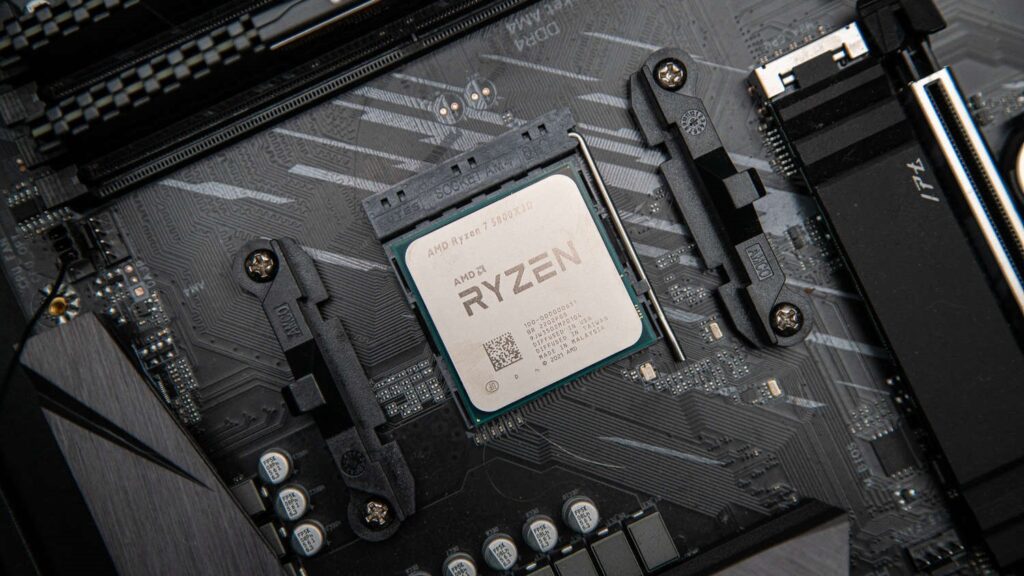
We’ve obtained images of AMD’s latest Phoenix 2 APU architecture, which boasts Zen 4C cores. In this article, we’ll take a closer look at the design and features of the Phoenix 2 architecture and delve into what it means for AMD’s Ryzen processors, as it incorporates Zen 4 cores to enhance efficiency.
AMD Phoenix 2: A Closer Look at the Zen 4C APU
Recently, an image of AMD’s hybrid APU architecture featuring Zen 4C cores surfaced on X (formerly Twitter). This architecture, known as the Phoenix 2 APU (Accelerated Processing Unit), is designed to combine CPU and GPU power within a single chip. The image, shared by HXL on Twitter, provides a detailed look at the Phoenix 2 APU’s die.
According to HXL, the top-left section of the die houses the Zen 4C cores, which are optimized for efficiency and reduced power consumption. These Zen 4C cores are also expected to support multithreading, resulting in a total of 12 threads for the Phoenix 2 APU.
Hardware enthusiast David Huang conducted an in-depth analysis of the Phoenix 2 architecture, pinpointing the locations of various Zen 4 cores. The image shows the workgroup processors of the GPU (RDNA 3 WGP), as well as the ‘Zen 4 classic‘ (Zen 4) and ‘Zen 4 dense‘ (Zen 4C) cores. Additionally, the L3 cache is highlighted for reference.

Ryzen Z1 Chip Uncovered with Codename Phoenix 2
Previously, there was speculation that the Ryzen Z1 Series processors used in handheld devices like the Asus ROG Ally and Lenovo Legion Go were essentially the same as the Ryzen 7 7840U found in laptops.
However, it has been clarified that the Ryzen Z1 processors are purpose-built for handheld devices and are optimized accordingly. This new information confirms that the Z1 chips do indeed utilize Zen4C cores. AMD confirmed this specialized nature of the chip when responding to inquiries from Tom’s Hardware.
So, while the Ryzen Z1 Series processors may share some similarities with the 7840U, they are distinct and optimized for handheld devices. The Ryzen Z1 is codenamed Phoenix 2, as revealed in an analysis by David using the HWInfo application.

Additionally, it’s worth noting that the Z1 chips do not support the AMD Ryzen AI engine. Benchmark results comparing the Phoenix 2-based Ryzen Z1 with the 7840U have been shared by enthusiasts, providing insights into the performance differences.
Overall, the AMD Ryzen Phoenix 2 APU architecture brings exciting possibilities for future budget chips designed with this hybrid APU architecture. It will be interesting to see how these processors perform in various devices and how they contribute to the budget computing landscape.






